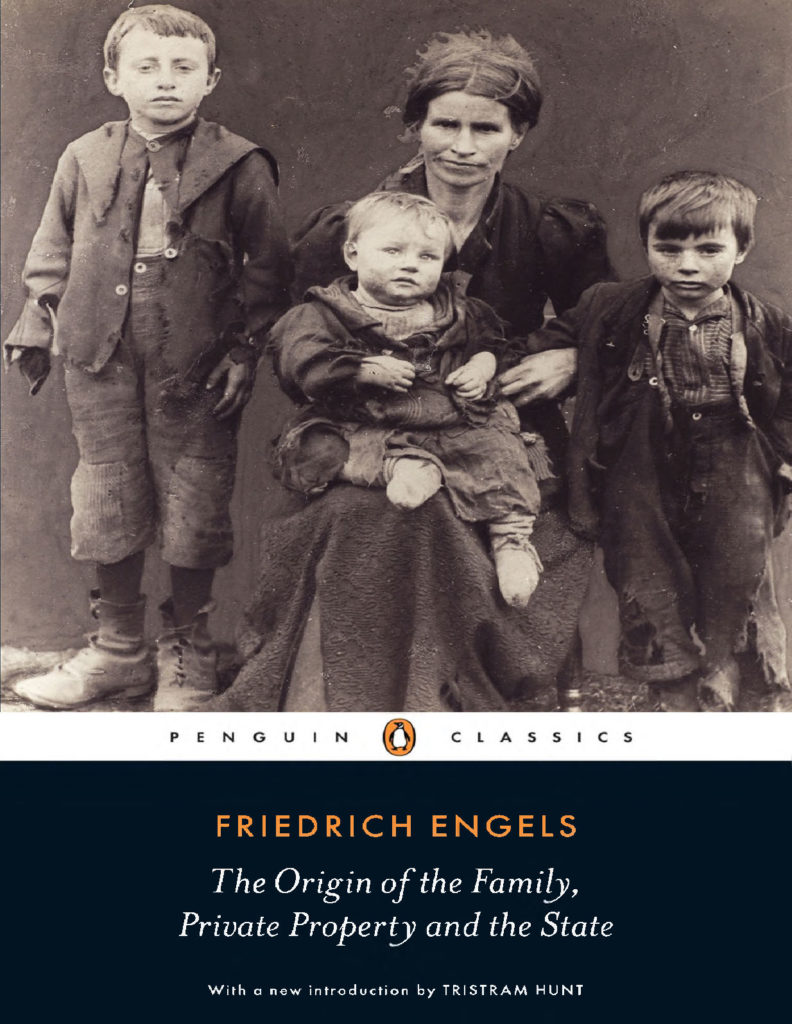
Rather, it is a product of society at a certain stage of development it is the admission that this society has become entangled in an insoluble contradiction with itself, that it has split into irreconcilable antagonisms which it is powerless to dispel. The state is, therefore, by no means a power forced on society from without just as little is it "the reality of the ethical idea," "the image and reality of reason," as Hegel maintains ( Grunlinkenĭer Philosophie des Rechts, § 257 and § 360).


As this conquest did not necessitate either a serious struggle with the old population or a more advanced division of labour, and as conquered and conquerors were almost at the same stage of economic development and thus the economic basis of society remained the same as before, therefore, the gentile constitution could continue for many centuries in a changed, territorial form, in the shape of a Mark constitution, and even rejuvenate itself for a time in enfeebled form in the noble and patrician families of later years, and even in peasant families, as in Dithmarschen. Finally, among the German vanquishers of the Roman Empire, the state sprang up as a direct result of the conquest of large foreign territories, which the gentile constitution had no means of ruling. The victory of the plebs burst the old gentile constitution asunder and erected on its ruins the state, in which both the gentile aristocracy and the plebs were soon wholly absorbed. In Rome gentile society became an exclusive aristocracy amidst a numerous plebs, standing outside of it, having no rights but only duties. Here the state sprang directly and mainly out of the class antagonisms that developed within gentile society. Athens represented the purest, most classical form. Above we discussed separately each of the three main forms in which the state was built up on the ruins of the gentile constitution.


 0 kommentar(er)
0 kommentar(er)
